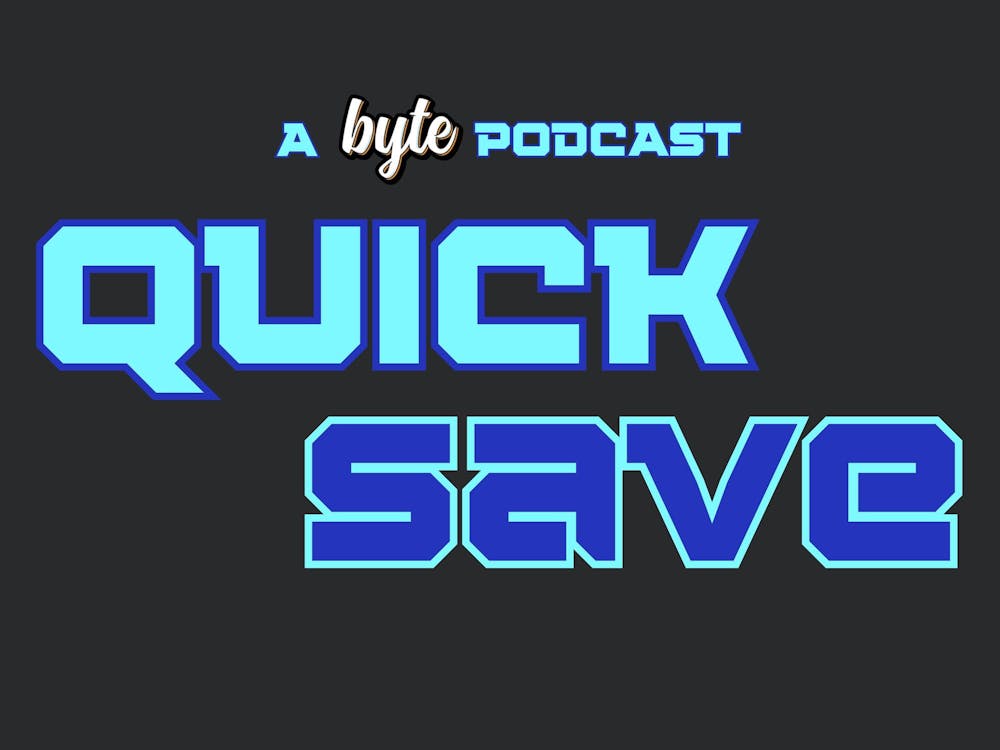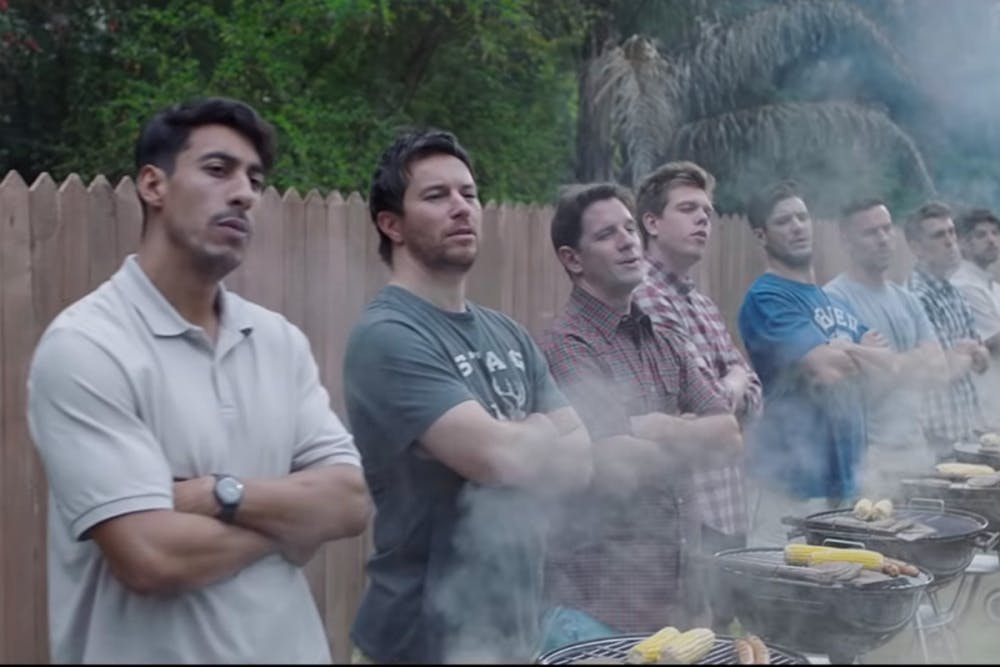The opinions and views expressed in this article are those of the author and do not reflect the opinion of Byte or Byte’s editorial board.
Gillette’s “The Best a Man Can Be” ad critiqued toxic masculinity, and it has come under fire, especially in conservative circles. However, the ad’s biggest detractors are the very people who need to be paying attention to the ad’s message.
The ad in question shows a range of behaviors that are typically associated with toxic masculinity. It then shows men intervening and confronting the men displaying toxic behavior. On Gillette’s website, they describe their mission in making the commercial: “… we have a responsibility to make sure we are promoting positive, attainable, inclusive and healthy versions of what it means to be a man.” In addition to showing reporters talking about the #MeToo movement, the crux of the commercial is a clip of actor, author, and survivor of sexual assault Terry Crews testifying before congress.
In the clip, he said, “Men need to hold other men accountable.” However, despite the uplifting message of the ad, there has been a very visible backlash seen across social media.

Image from Twitter
Aside from the casual misogyny, some people even decided to boycott the brand immediately.

Image from Twitter
For an idea of what problems people have with the commercial, let’s hear from David French, staff writer for the conservative website National Review. In an article for the National Review, he wrote that the ad was fundamentally in-offensive.
“The message was little more than ‘bad things are bad, and good things are good,’” French wrote. “No one decent is for bullying or sexual harassment…” While this is a good reason to not be offended by the ad, a bit of the point seems to have gone over French’s head here. On the whole, people are generally against sexual harassment. However, as can be seen in countless cases, many people in power are quick enough to condemn sexual harassment and assault but are much more reluctant to impose substantial consequences on the men doing the assault and harassment.
Judge Aaron Persky only sentenced Brock Turner to three months for raping a woman behind a dumpster. Judge Michael Corey of Anchorage Alaska accepted a plea deal that gave no jail time to a man who admitted to choking a woman to the point of unconsciousness for the purposes of getting sexual satisfaction from watching her face as she thought she was going to die. Four men in South Carolina received plea deals that offered them no jail time despite their rape of two girls aged 14 and 15. A San Diego man who admitted to having sex with a 12 year old girl will only face three years of probation and registration as a sex offender thanks to a plea deal. There are too many cases to list here, but hopefully this shows how leniency is given to men, often by other men in ways that many would deem unacceptable.

Image from Daily Beast
I’ll say it again: Virtually no one is in favor of sexual harassment or assault, but there are too many people who won’t condemn the men that do these things.
And that is at the core of the message delivered through the ad. We need to step back from our attachment to masculinity (the good and the bad of it) to recognize that there are times when we, as men, need to admit that we aren’t doing the best we can at making the world a better place for other people. Being an ally to women (or to any other marginalized group) means being able to own up to when you either directly or indirectly do something harmful.
Even some of the positive aspects of masculinity, such as detachment from emotions and a focus on self-reliance, can be harmful despite the traits perceived benefits. In the American Psychological Association’s “APA Guidelines for the Psychological Practice with Boys and Men” published in 2018, they laid out some of the complications that come with ignoring the downsides of masculine ideation.
“Psychologists also strive to reduce mental health stigma for men by acknowledging and challenging socialized messages related to men’s mental health stigma (e.g., male stoicism, self-reliance).”
In addition to giving advice to mental health professionals, the guidelines contain an abundance of research that outlines how the mental health of boys and men can be affected throughout their lives. Here are a few choice selections from the over 30 page long document.
“Gender Identity development begins before birth, shaped by the expectations that parents and other significant adults have for how a boy should be treated and how he should behave (basow, 2006).”
“Boys (and girls]… increasingly assign certain meanings to being male based on their gender socialization experiences (David et al., 2006).”
“Research demonstrates the more boys violate norms of masculinity, the more verbal and physical abuse they may face from their peers (Kosciw, Greytak, Giga, Villenas, & Danishewski, 2016).”
In many ways, this report backs up the message in the Gillette ad. The boys of today look to the men of today to see how they should act. They learn how to be a man from important people in their lives and how the media portrays masculinity. The formation of masculine identity is strongly reinforced through social groups as children grow, often punishing the appearance of non-masculine traits in other boys.
Despite these research findings, this doesn’t make masculinity a bad thing. There are many different conceptualizations of masculinity that are healthy. The key thing men need to do is to spend time learning about how some forms of masculinity can be harmful to others and then learn how to promote other forms of masculinity.
Everybody has the ability to shape what masculinity is. Does your masculinity favor aggression, emotional detachment, and a strict adherence to masculine ideals? Or does your masculinity favor emotional vulnerability, an openness to several complementary expressions of masculinity, and an openness to criticism?
Sources: National Review, KTVA, WSET, NBC San Diego, American Psychological Association, Twitter
Images: Twitter, Daily Beast,
Featured Image: Vox
For more entertainment, tech, and pop culture related content, visit us at Byte BSU!



















